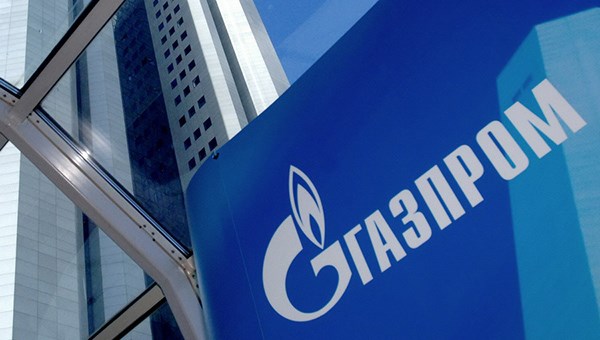China refuses to finance $14 billion Gazprom megaproject
Russian officials’ attempts to get through to Chinese investors in order to enlist their support in developing the economy in the East and overcoming western sanctions are continuing to fail for the fifth consecutive year.
The new negotiations to secure a Chinese loan for the construction of Russia’s largest gas processing plant in the Amur province have ended with yet another disappointment for the Russians.
Gazprom had hoped to pay for the Amur gas processing plant, which is scheduled to be launched in 2021, through a loan from the China Development Bank that would cover 70% of the project’s estimated cost of $14 billion.
However, the bank, which is managed by China’s cabinet of ministers and reports directly to China’s chief administrative authority, the State Council, did not reach any agreement with Gazprom, Alexander Ivannikov, head of Gazprom’s finances and economics department, told the Russian newspaper Kommersant on the sidelines of the European Gas Conference in Vienna.
Gazprom expected the agreement to be signed by the end of 2018, but by November it became clear that the negotiations were at an impasse. The Chinese are “extremely tough negotiators,” Ivannikov complained. “They see risks in places where even Europeans don’t see any.”
The Russian gas company plans to fund the completion of the project, which is roughly a quarter complete as things stand, through a 2-year bridge loan. However, such loans are generally more expensive than project financing. In addition, they only represent a temporary solution, for which a replacement must be found in the form of a long-term loan or bonds, observes Alexander Losev, CEO of Sputnik Capital Management.
Soliciting Chinese funds directly will be difficult: China’s production is linked to the US economy, and Beijing will not openly do anything which could provoke new US sanctions or tariffs on Chinese companies, Losev explains.
However, a scenario similar to the deal with Rosneft is possible, he believes. Rosneft received a prepayment for oil that had not yet been extracted, which it used to repay foreign debt. Since then, it has been repaying it by means of physical oil shipments at a discount of $5 per barrel to the market price.
According to Ivannikov, Gazprom will attempt to reach an agreement with European banks, but so far European exporting agencies have only guaranteed half the required amount - $7 billion.
The Amur gas processing plant is the second Gazprom megaproject to be spurned by Chinese investors. In 2015, Beijing refused to participate in the financing of the Power of Siberia gas pipeline, advising the Russian company to pay independently for the laying of the 2,000 km pipe which is scheduled to begin supplying China with 34 billion cubic meters of gas per year by the start of the 2020s.
Two years ago, CEFC China Energy was going to buy a 14.16% share in Rosneft, but the China Development Bank rejected the loan deal, and later the CEO of the Chinese company was arrested on charges of economic crimes.
Russia later proposed that China participate in the Beijing-Berlin high-speed railway project for 10 trillion rubles, believing that it would form part of the “Silk Road” to Europe. However, after analyzing the financial and technical conditions of the project, the China Railway Eryuan Engineering Group dismissed the project as unprofitable in the summer of 2018.
At the end of last year, China declined the intergovernmental agreement to de-dollarize trade with Russia, despite the fact that at the time, Russia’s Central Bank had converted nearly 15% of its reserves into Chinese yuans, disposing of dollar-denominated assets to do so.
While rejecting new investments in Russia, Chinese investors are also rapidly withdrawing all of their old ones. According to Russia’s Central Bank, since 2014, China’s total direct investments in Russia have decreased by nearly a third, dropping from $4.5 to $3.1 billion.
